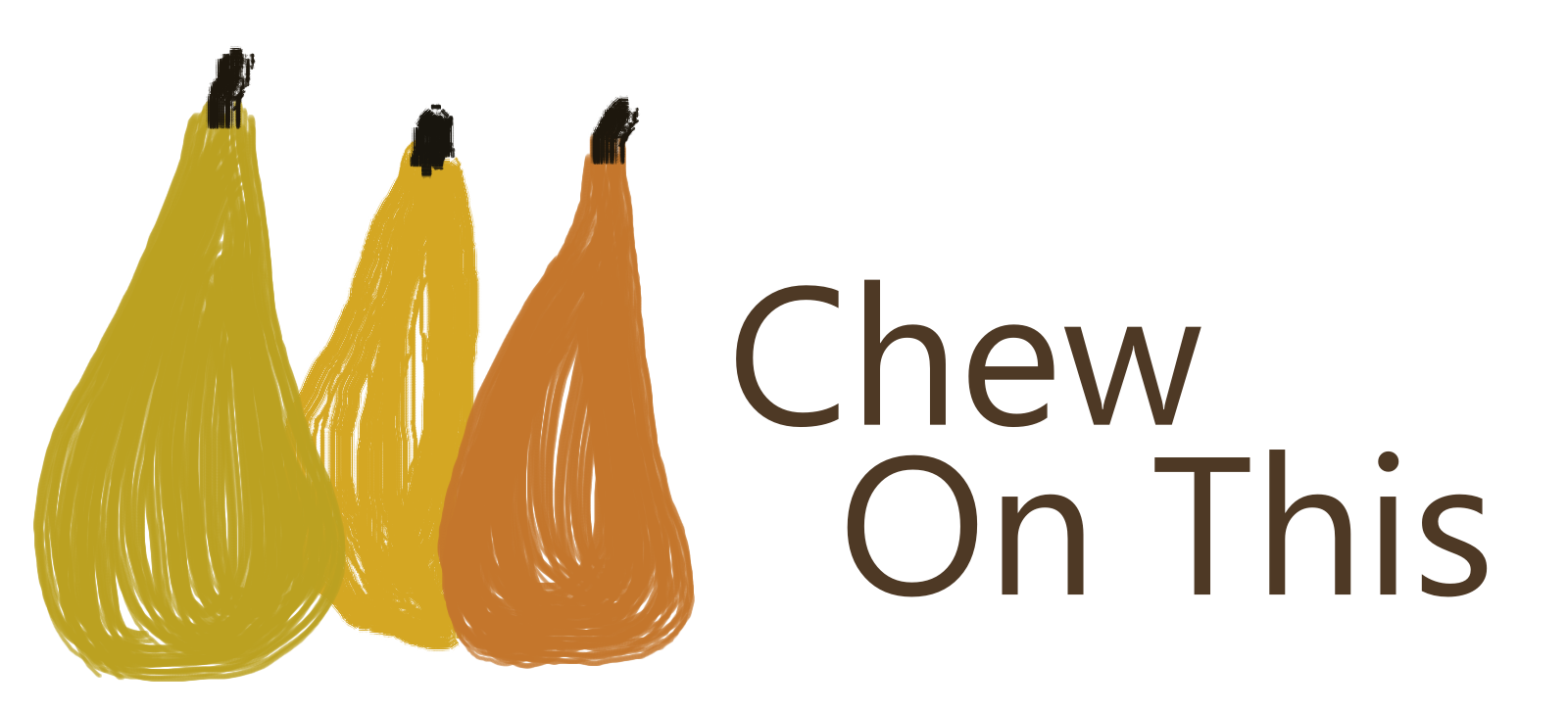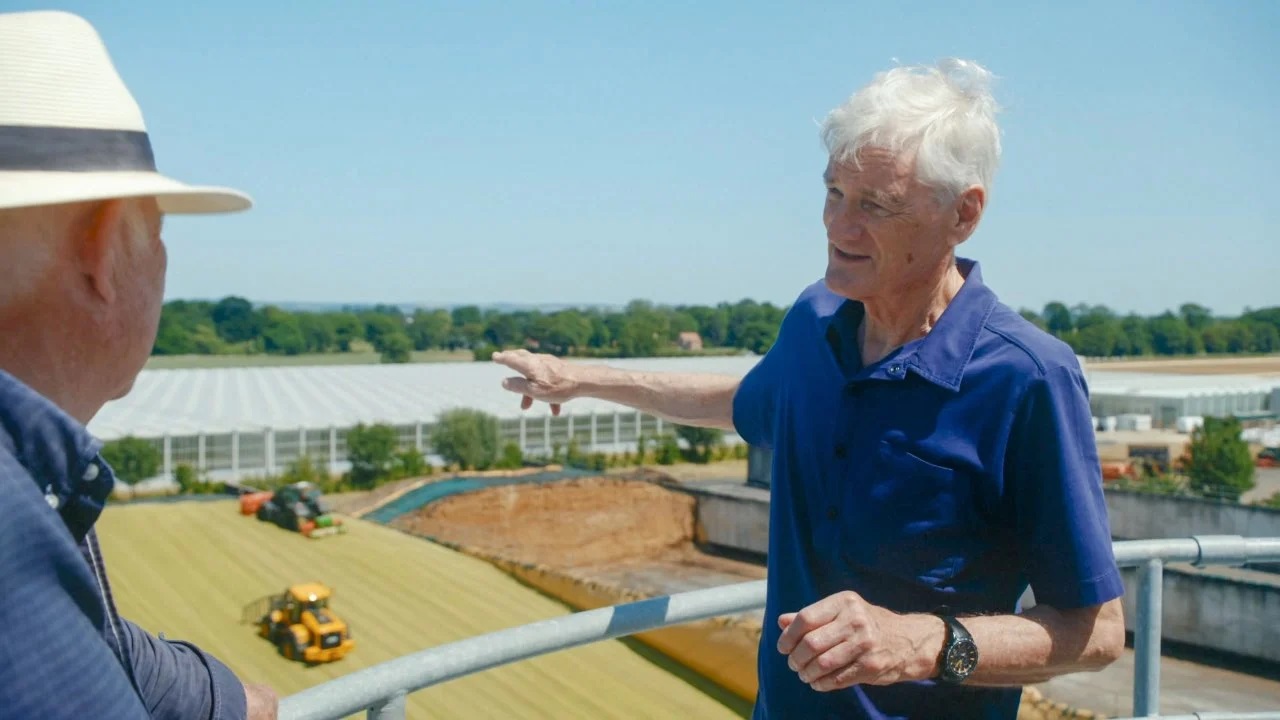Rick Stein is back on our screens, this time with his eponymous Rick Stein’s Food Stories, which is now running on BBC iPlayer (February 2024). Twelve episodes set as far north as Argyl, east to Lincolnshire and back west to his beloved Cornwall, where it all started, give Rick the chance to ask the right questions, eat a lot of good food and also to cast his mind back to previous visits and how things have changed.
It’s a very well-made series. I watched three half hour episodes in the first binge, looking at Cumbria, Argyl and Lincolnshire. There are some good recipes thrown in, but what is most interesting is his perspective, gained over 50 years as a chef and celebrity, plus the scope of the series.
In the first episode in Cumbria it focused on tradition, with a sheep farmer and his cook-book writing wife, plus a visit to the coast for shrimp fishing and reflection. Then to Argyl for local salmon smoking and langoustine fishing in episode 2, before heading east to Lincolnshire, with pigs, sausages and fruit breads.
The latter also features a segment looking at James Dyson’s investment in his ‘farm of the future’, which manifests as an automated, hydroponic ‘factory’ farm. You cannot but admire the ambition and logic, but it requires a huge investment to pick a strawberry using a robot (in development). The market potential could be huge if the sustainable production cycle can be made economic.
In contrast, the winner of one of the first Michelin ‘green’ stars went to a local restaurant in Argyl’s Loch Fyne district, where much of the fresh ingredients are sourced hyper locally on the hills and beaches around the area. It’s very high end and a million miles from feeding the masses but inspiring none the less.
Rick is great for local tourism and a very likeable guest when travelling around. It’s like one big advertisement for the places he visits, and the local food is a big part of the attraction of the places he visits. I have booked to go to the Isle of Bute off the back of this, and am looking forward to ordering some real ‘Lincolnshire’ sausages, to see what the difference is compared to the larger supplies who are based outside the county.
What is so good about this programme, considering there have been so many of this ilk by him and others, is that he brings a perspective few others can and he reflects on the ‘progress’ made in food production, as well as marvelling at the heritage of local food production centres.
Nothing can get you away from the fact that food requires materials; Cumbria for Herdwick sheep, Pigs for Lincolnshire stuffed chine and sausages and Loch Fyne and the Western Isles for salmon and crayfish. The programme features mainly people close to the source of food who produce traditional specialities, although James Dyson is not one of those.
I am looking forward to seeing more episodes and it will be interesting to see if any larger producers are included, to talk about other aspects of sourcing ingredients and how the majority of people will consume these wonderful locally produced ingredients.
The crayfish were off to Spain, with a few snaffled for his Arroz Roja, the salmon to the cities, but the shrimp and Lincolnshire locally reared pork products seemed mainly to be locally consumed; by locals and by local tourists. I look forward to being one of them.

